If you’ve ever sprained your ankle or jammed a finger, you’ve experienced acute inflammation. Acute inflammation is the redness, swelling, warmth and pain surrounding the injury. This type of inflammation is a natural response and is your body’s way of helping to protect and heal itself. However, when inflammation lingers and persists, it is sending signals that your body is constantly under attack. Your immune system becomes hyperactive and over exhausted and can start fighting against your own body. Chronic inflammation is too much of a good thing and will have negative effects if it goes unaddressed as a silent threat.
Causes of Chronic Inflammation
One of the major effects of chronic inflammation is an increased risk of various diseases and conditions. These can include heart disease, diabetes, cancer, and autoimmune diseases such as rheumatoid arthritis and inflammatory bowel disease.
Inflammation can also lead to oxidative stress, which is an imbalance between the production of free radicals and the body’s ability to neutralize them. Free radicals are highly reactive molecules that can damage cells, leading to tissue damage and disease.
In addition to its effects on physical health, chronic inflammation has also been linked to mental health issues such as depression and anxiety. This is thought to be due to the release of inflammatory molecules in the brain, which can alter the function of neurons and neurotransmitters.
Chronic inflammation can also have negative effects on the body’s metabolism. It has been linked to weight gain and obesity, as well as to insulin resistance, which is a precursor to type 2 diabetes.
Furthermore, chronic inflammation can affect the body’s immune system. The constant activation of the immune system can lead to immune exhaustion, where the body becomes less able to fight off infections and diseases. This can make individuals more susceptible to illnesses and infections.
How to Decrease Chronic Inflammation
With all of these negative consequences, it’s important to know that you can address inflammation with lifestyle changes.
- Eat a healthy diet: A diet high in fruits, vegetables, whole grains, and lean proteins can help reduce chronic inflammation. These types of foods are rich in antioxidants and other nutrients that can help combat inflammation. Avoid processed foods and sugary beverages, which can contribute to inflammation.
- Exercise regularly: Regular physical activity can help reduce chronic inflammation. 7 to 10 mins high intensity exercise (you shouldn’t be able to hold a conversation) can have a profound effect on reducing inflammation.
- Manage stress: Stress can contribute to chronic inflammation, so finding ways to manage stress is important. Some strategies for managing stress include practicing relaxation techniques, such as deep breathing or meditation, and getting enough sleep.
- Quit smoking: Smoking is a major cause of inflammation, and quitting can help reduce inflammation in the body.
- Limit alcohol consumption: Heavy alcohol consumption can contribute to chronic inflammation, so it’s important to limit your intake. The recommended maximum for men is two drinks per day, and for women, it’s one drink per day.
- Get enough sleep: Getting enough sleep is important for overall health, including reducing chronic inflammation. Aim for at least 7-9 hours of sleep per night.
- Take supplements: Certain supplements and antioxidants such as Glutathione, Curcumin, Resveratrol, and medicinal mushrooms may help reduce chronic inflammation. It’s important to speak with a health professional before starting any supplements.
- Try anti-inflammatory foods: Some foods, such as ginger, turmeric, and berries, have anti-inflammatory properties. Incorporating these types of foods into your diet may help reduce chronic inflammation.
If you feel that you may be experiencing symptoms of chronic inflammation, please schedule a consultation as soon as possible so that we can work together to restore balance to your health and wellbeing.
https://www.health.harvard.edu/staying-healthy/understanding-acute-and-chronic-inflammation






